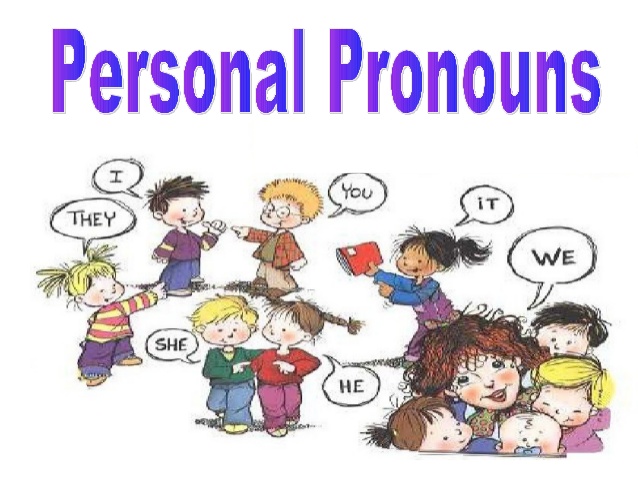Weekend
home task 9
I Underline the present continuous tense in these sentences and then rewrite the
sentence using simple present:
Say
whether the new sentences show habit i.e. something done as routine.
1.
We are making biryani for dinner.
Ans. We make biryani for dinner.
2.
We are keeping all the coins from our trip abroad in a safe place.
Ans. We
keep all the coins from our trip abroad in a safe place.
3.
Ratna and Susan are walking home along the riverside on their way back from
school.
Ans. Ratna
and Susan walk home along the riverside on their way back from school.
II
Ask questions for these statements:
e.g.
She goes to school every day.
Does she go to school every day?
1.
You meet his father every day.
Ans. Do you meet his father every day?
2.
He plays football in the morning.
Ans. Does
he play football in the morning?
3.
They work very hard.
Ans. Do
they work hard?
4.
Chaman runs 2 kilometres on Sunday.
Ans. Does
Chaman run 2 kilometres on Sunday?
5.
We find a nest in the morning.
Ans. Did
we find a nest in the morning?
6.
Horses run very fast.
Ans. Do
horses run very fast?










